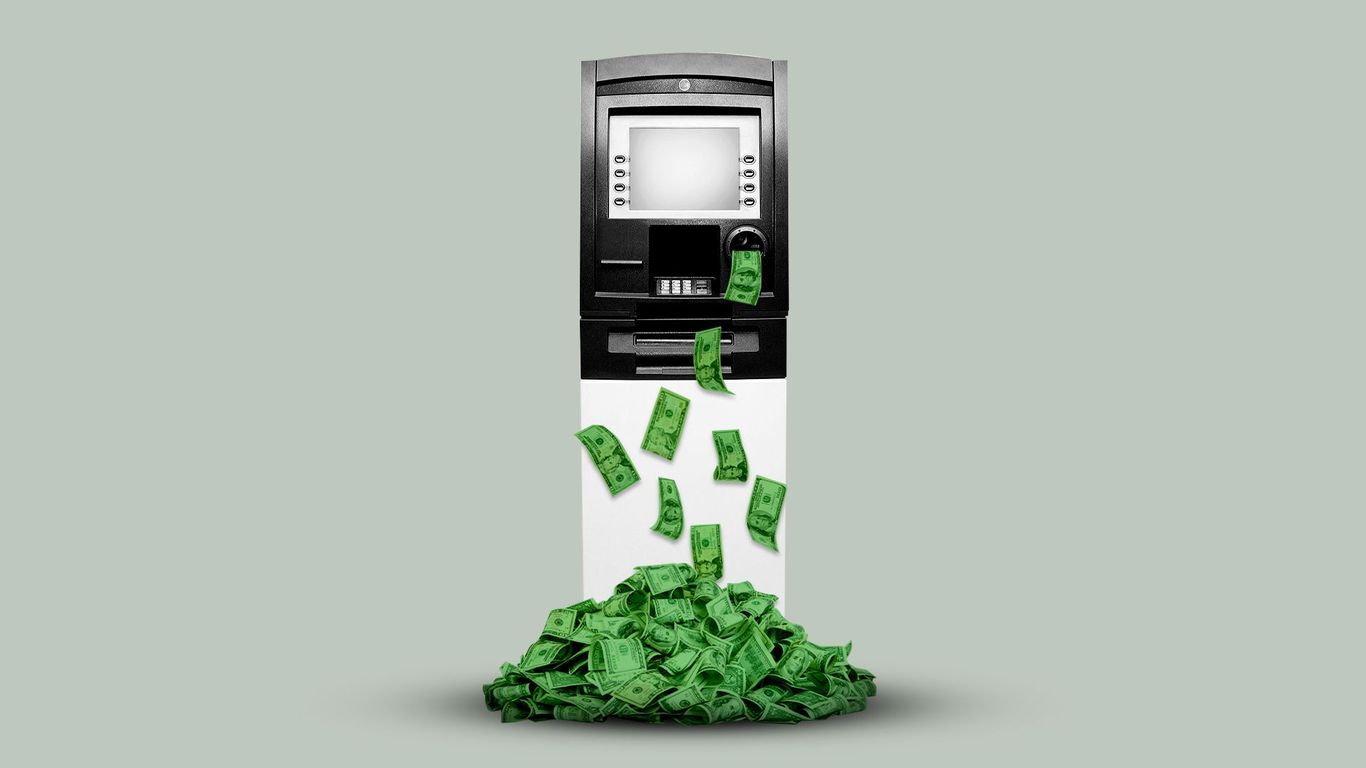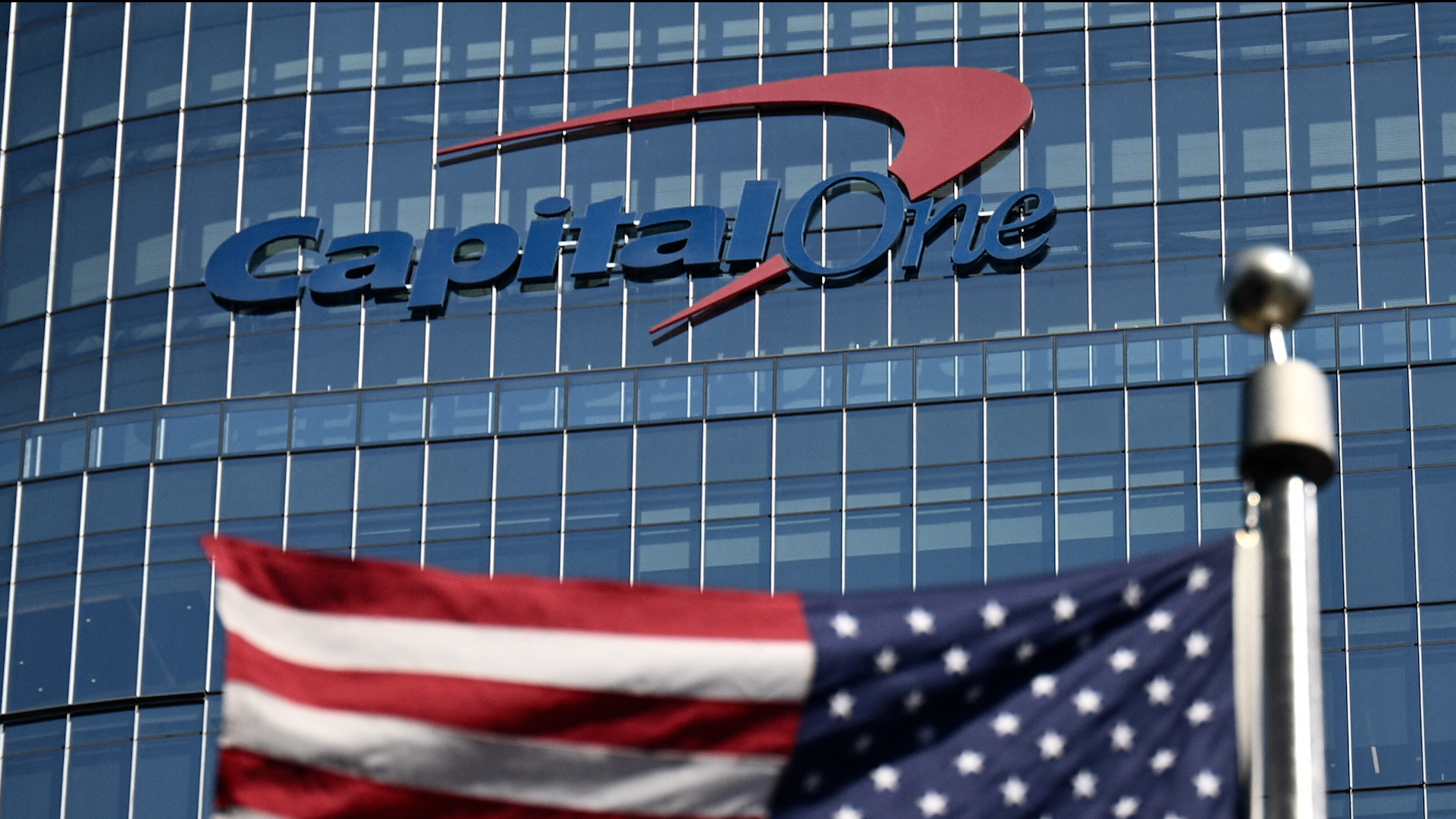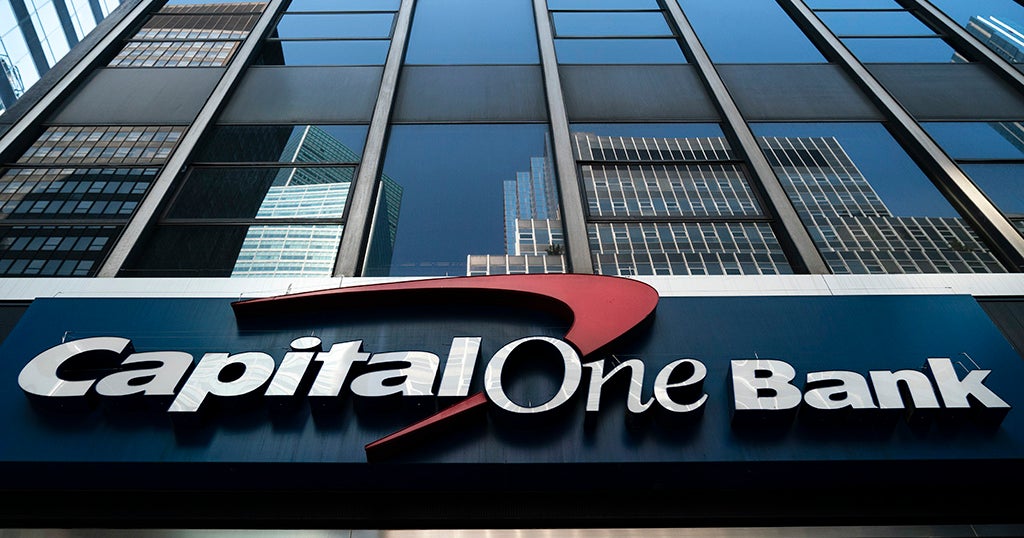CFPB Sues Capital One Over Alleged $2 Billion Customer Deception
The CFPB has filed a lawsuit against Capital One, claiming misleading practices regarding savings account interest rates cost customers over $2 billion.
Overview
The Consumer Financial Protection Bureau (CFPB) has filed a lawsuit against Capital One, alleging that the bank misled customers about its savings accounts, causing over $2 billion in lost interest. Capital One allegedly froze interest rates on its '360 Savings' accounts at 0.30%, while launching a higher-yield '360 Performance Savings' account with rates up to 4.35%. The CFPB claims Capital One failed to notify existing clients about the higher-rate product and restricted employees from providing information. The bank denies the allegations, asserting its products are competitive and accessible to all customers.
Analysis
Analysis unavailable for this viewpoint.
Sources (8)
Center (6)
History
This story does not have any previous versions.




